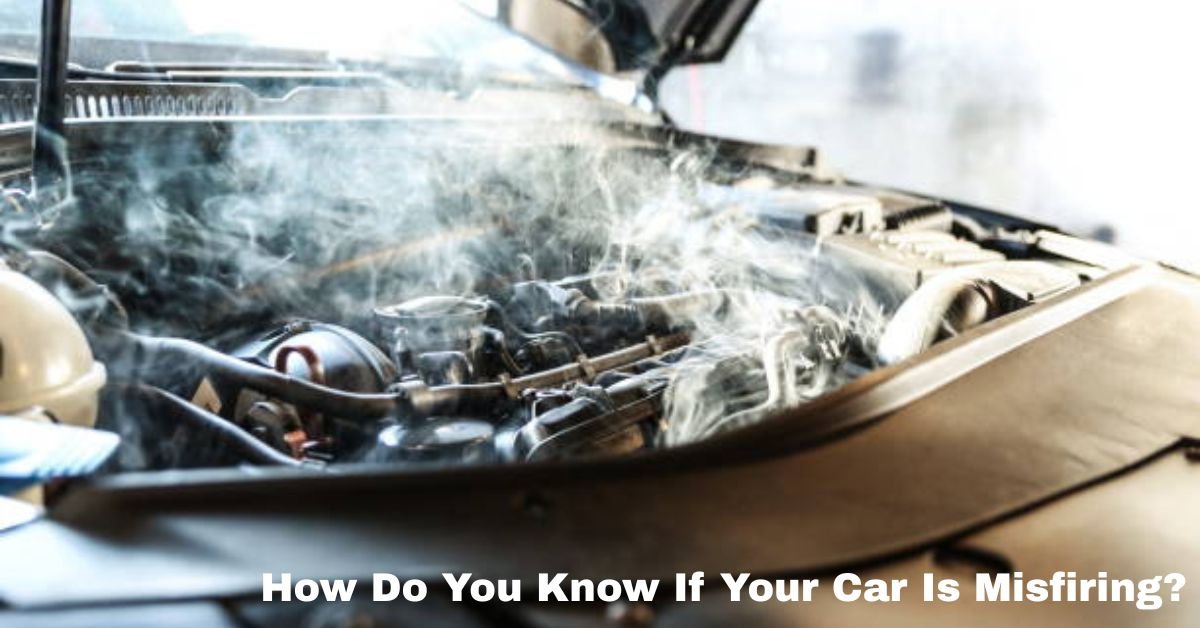Your car has been running fine—until one day, you notice something feels off. Maybe it jerks when you accelerate, the engine sounds rough, or your fuel economy takes a hit. These could be signs your engine is misfiring, a common but serious issue that shouldn’t be ignored.
But what exactly is engine misfiring, and how do you know for sure if it’s happening? Let’s break it down.
How Do You Know If Your Car Is Misfiring?
What Is a Misfire?
An engine misfire occurs when one or more of your engine’s cylinders fail to ignite the air-fuel mixture at the right time. This causes the engine to skip a step in its combustion process, leading to rough performance, lower power, and even long-term damage if left unchecked.
There are three major culprits behind misfires:
- Ignition issues (e.g., spark plugs or coils)
- Fuel delivery problems
- Mechanical issues (like poor compression)
No matter the cause, the symptoms tend to be similar—and easy to spot once you know what to look for.
1. Rough Idling or Vibrations
One of the first and most obvious signs is a rough idle. A warning sign is when your car seems to be shaking or vibrating more than normal while you’re stopped at a red light. It usually means one or more cylinders aren’t firing properly, throwing off the engine’s balance.
2. Loss of Power
Does your vehicle have trouble accelerating as it once did? Misfires can cause a noticeable dip in performance. You might find it sluggish when merging onto the highway or going up a hill. This happens because your engine isn’t firing on all cylinders—literally.
3. Check Engine Light
A misfire will almost always trigger your Check Engine Light (CEL). In modern cars, this light is connected to the onboard diagnostics (OBD) system, which monitors everything from emissions to engine performance.
If your CEL is flashing (not just solid), that’s especially serious. A flashing CEL usually indicates a severe misfire that could damage your catalytic converter—a costly repair.
Tip: You can use an OBD-II scanner to pull the error code, which can tell you which cylinder is misfiring (codes like P0301 for cylinder 1, P0302 for cylinder 2, and so on).
Must Read: Will Bad Spark Plugs Cause A Car Not To Start?

4. Unusual Noises
Listen to your car. Misfires often cause popping, sputtering, or even a backfiring sound, especially when accelerating. These sounds are the result of unburnt fuel igniting in the exhaust system. It’s not just loud—it’s potentially dangerous.
5. Poor Fuel Economy
If you’re suddenly burning through more gas than usual, misfiring could be the culprit. When a cylinder doesn’t fire correctly, your engine compensates by working harder, using more fuel in the process.
6. Strong Fuel Smell
In some cases, a misfiring engine will lead to unburned fuel being dumped into the exhaust system. If you notice a strong fuel odor, especially near the exhaust, it could be a sign that combustion isn’t happening the way it should.
What Causes Engine Misfires?
Some common causes include:
- Worn or fouled spark plugs
- Failing ignition coils
- Vacuum leaks
- Dirty or failing fuel injectors
- Timing issues
- Low compression due to worn valves, piston rings, or head gaskets
The good news? Many of these issues can be diagnosed and repaired relatively easily, especially if caught early.
In the event that your car is misfiring, what should you do?
Don’t ignore it. A misfiring engine can lead to major damage over time. Here’s what you should do:
- If the check engine light flashes, stop driving.
- Use an OBD-II scanner to read any trouble codes, or take it to a mechanic.
- Address the root cause, whether it’s replacing spark plugs or fixing a fuel issue.
Final Thoughts
Engine misfires might seem intimidating, but knowing the signs can help you act quickly and avoid costly repairs. If your car feels rough, sounds strange, or isn’t performing like it used to, don’t brush it off. Trust your instincts, get it checked out, and keep your ride running smoothly.
